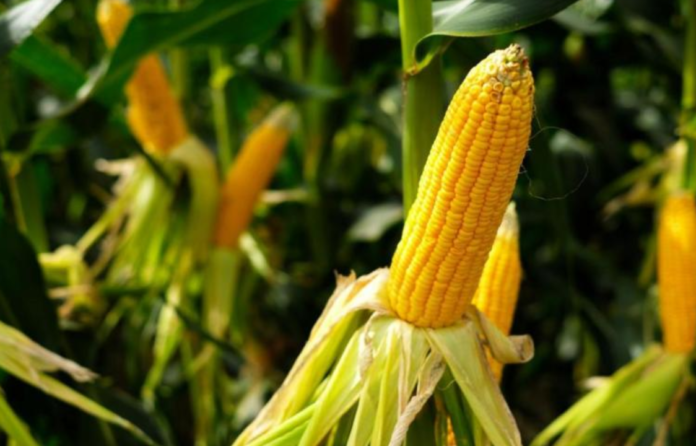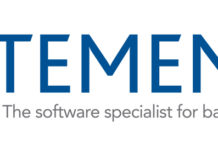With new training and modern equipment, over 40 groups have transformed how they farm and learned how to make new products. They sell food, but also fuel briquettes and earth blocks that have earned them major new customers.
Most of the new equipment was designed and produced locally, supporting other small businesses in Guinea.
The results of these initiatives have yielded a sizable increase in production across various agri-food sectors. For example, parboiled rice production grew by an impressive 127%, with an additional 795 tonnes produced. This surge in production triggered an increase in turnover of 146% worth $59,2334 (GNF 5,095,035,000).
Similarly, palm oil production grew by 146%, generating a surplus of 229,240 litres. Sales also rose by 72% to $66,080 (GNF 568,400,000).
Over 40 cooperatives in the agricultural and agri-food sectors have undergone a remarkable transformation in Guinea through the INTEGRA ITC programme, which identified groups to support and specialize in agro-industrial processing.
With an overall increase in turnover of more than 900%, farmers’ incomes have grown and their businesses are more viable.
These initiatives have also led to the creation of sustainable jobs. In less than two years, the number of jobs created by the 40 first-time beneficiaries has increased by 30%.That’s almost 900 full-time jobs, with 60% held by women and more than 80% by young people. Working conditions and pay have improved for employees in cooperatives and groups.
These beneficiaries have also been encouraged to adopt economically, socially, and environmentally sustainable practices. They’re using renewable and resource-efficient energies that reduce production costs and help the environment. These include the production of fuel briquettes made from rice, fonio, groundnut and sawdust residues.
In addition, the introduction of stabilized earth blocks by ITC to the Société Nationale de Promotion Immobilière (National Real Estate Promotion Company — SONAPI) introduced new opportunities. ITC awareness campaigns brought the sustainable blocks to the attention of mining and construction companies. Now they’re using the blocks to build housing estates and office buildings. SONAPI has carved out its competitive niche in the construction market.
As a result, cooperatives are building integrated cross-sector value chains, with the aim of strengthening the economy using sustainable approaches. The cooperatives found new business opportunities through partnerships with the Subcontracting and Partnership Stock Exchange – a fund known in French as the Bourse de Sous-Traitance et des Partenariats – as well as major buyers, particularly in the mining sector.
These initiatives show the benefits of promoting local produce and strengthening agri-food chains, while creating sustainable jobs and developing local resources.






















